Key Considerations for Effective Succession Management Checklist
A template outlining essential factors to consider when planning a smooth transition of leadership roles within an organization. This includes defining roles, identifying successors, and creating continuity plans.
Define Succession Planning Process
FAQ
How can I integrate this Checklist into my business?
You have 2 options:
1. Download the Checklist as PDF for Free and share it with your team for completion.
2. Use the Checklist directly within the Mobile2b Platform to optimize your business processes.
How many ready-to-use Checklist do you offer?
We have a collection of over 5,000 ready-to-use fully customizable Checklists, available with a single click.
What is the cost of using this Checklist on your platform?
Pricing is based on how often you use the Checklist each month.
For detailed information, please visit our pricing page.
What is Key Considerations for Effective Succession Management Checklist?
- Clearly define succession management roles and responsibilities
- Develop a comprehensive leadership pipeline
- Identify key competencies required for future leaders
- Establish a fair and transparent evaluation process
- Foster a culture of open communication and feedback
- Encourage mentoring and knowledge sharing
- Develop and implement effective onboarding processes
- Regularly review and update succession plans
- Ensure alignment with organizational goals and objectives
- Provide opportunities for development and growth
How can implementing a Key Considerations for Effective Succession Management Checklist benefit my organization?
By using a Key Considerations for Effective Succession Management Checklist, your organization can:
- Ensure continuity of critical roles and functions
- Develop a more effective leadership pipeline
- Reduce the risk of talent gaps or shortages
- Improve strategic planning and decision-making
- Enhance employee engagement and retention
- Better address diversity, equity, and inclusion goals
What are the key components of the Key Considerations for Effective Succession Management Checklist?
Leadership Development and Capability Building Clear Succession Planning and Communication Strategies Talent Pipelining and Developmental Assignments Successor Selection and Evaluation Criteria Sustainability and Regular Review Processes
Identify Key Roles
Develop Leadership Development Programs
Ensure Effective Knowledge Transfer
Monitor and Evaluate Succession Planning Process
Develop a Succession Planning Budget
Communicate Succession Planning to Stakeholders
Review and Update Succession Planning
Document Lessons Learned
Maintain Stakeholder Buy-In
Address Cultural Barriers
Monitor Progress and Performance
Ensure Accountability
Evaluate Return on Investment
 34%
34%  87%
87%  48%
48%  Made in Germany
Made in Germany Fair Pricing Policy
Fair Pricing Policy



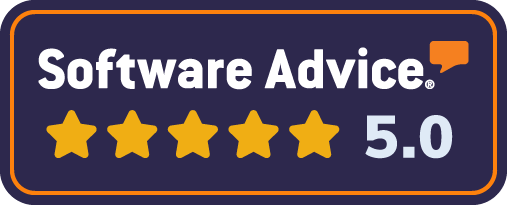










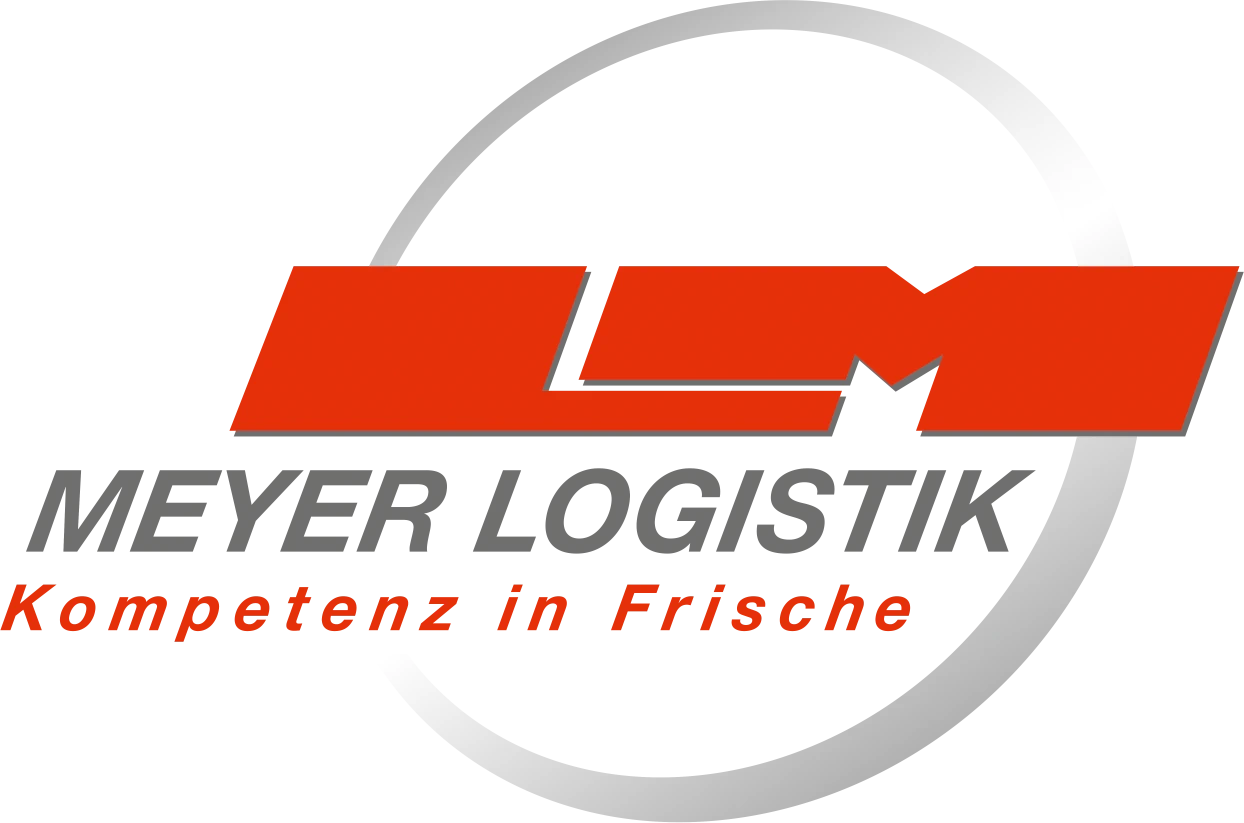



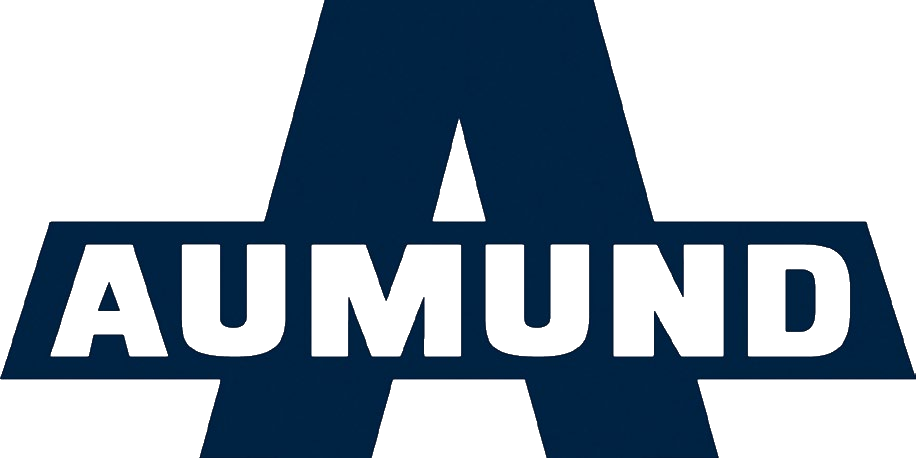


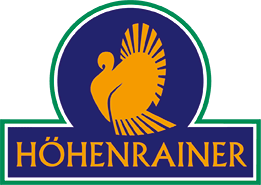

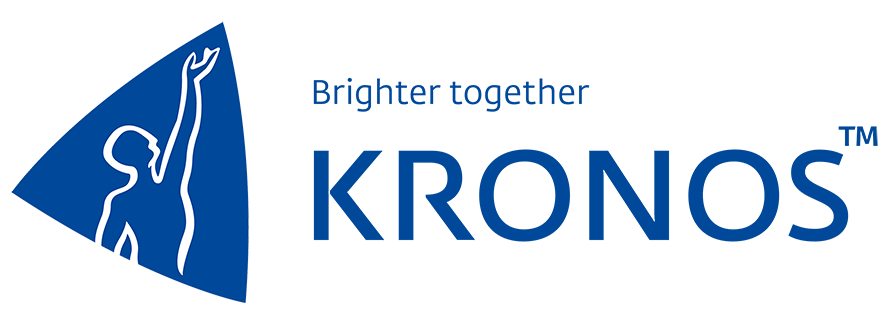




 Certified Security and Data Protection
Certified Security and Data Protection Active Support and Customer success
Active Support and Customer success Flexible and Fully customizable
Flexible and Fully customizable